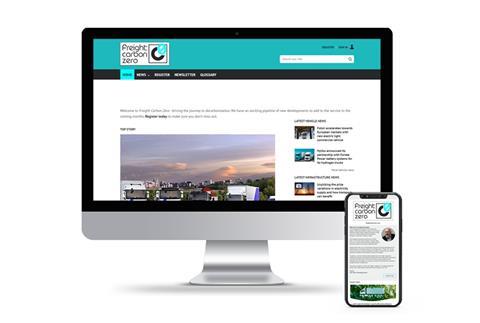- Home
- News
- Zero Carbon Vehicles
- Low Carbon Vehicles
- Vehicle Index
- Manufacturers
- Newsletter
- Podcasts
- About Us
Kellas Midstream and RWE team up for major green hydrogen project on Teesside

Kellas Midstream and RWE are assessing plans to launch a “gigawatt-scale” green hydrogen production facility on Teesside. The collaboration aims to leverage existing infrastructure and contribute to the UK’s target hydrogen production by 2030. The project is expected to attract further investment in green energy, create skilled green jobs, and ...
You have reached your limit of free news
Register for free today to read more content. Already registered? SIGN IN now
Want to read more?
Register for free now to access the full article.
Let us help you reach your carbon zero targets, sign up today and unlock:
- Unlimited access to breaking news, commentary and analysis around the decarbonisation of the road freight and commercial vehicle sector
- Continued access to the Freight Carbon Zero weekly newsletter, sent directly to your inbox









